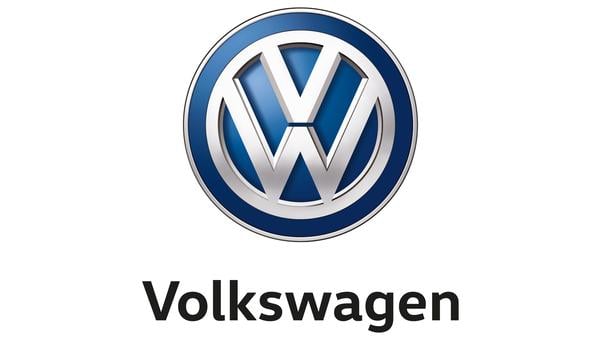Volkswagen Suffers Heavy Losses Due to US Tariffs Shifts Focus to Ev Growth and US Investment
Volkswagen reports €1.3 billion in losses due to U.S. import tariffs under President Trump’s trade policies. The automaker now pivots toward electric vehicles and plans to build a U.S.-based factory to offset the impact.
By Raja Awais Ali
7/26/20252 min read


Published: July 26, 2025
What's Happening?
Volkswagen, one of the world’s top car manufacturers, has announced major financial losses for the first half of 2025. The primary reason? Heavy U.S. import tariffs imposed on European vehicles as part of the Trump administration’s latest trade policies.
€1.3 Billion Lost to Tariffs
Volkswagen reported it has incurred €1.3 billion ($1.5 billion USD) in added costs this year due to U.S. tariffs. Combined with restructuring costs within the company, this led to a 30% drop in operating profit.
The company has revised its 2025 financial outlook:
No major revenue growth expected
Operating margin lowered to 4%–5% (previously 5.5%–6.5%)
Strategic Pivot: Investing in U.S. Manufacturing
To counter the effects of tariffs and maintain its competitiveness in the U.S. market, Volkswagen plans to expand its production footprint in the United States. Key developments include:
A proposed Audi plant in North America
Negotiations with the U.S. government for investment incentives in exchange for lower tariffs
CEO Oliver Blume mentioned that these investments might also support ongoing EU-U.S. trade discussions aimed at reducing vehicle tariffs from 27.5% to approximately 15%.
EV Sales Power Ahead
Despite financial setbacks, Volkswagen’s electric vehicle (EV) division continues to grow rapidly. The company reported a 47% increase in global EV sales, reaching over 465,000 units in just six months.
Other performance highlights:
Total vehicle deliveries: 4.41 million (up 1.3%)
Revenue: €158.4 billion (flat year-over-year)
Operating profit: €6.7 billion (down 33%)
Net cash flow: €1.4 billion
New Models and Global Expansion
Volkswagen continues to invest in new vehicle launches. Recently, it introduced the Jetta VS8, a mid-size SUV tailored for the Chinese market. In addition, its ID. series EVs are expanding quickly with the release of:
ID. EVO
ID. AURA
ID. ERA
The company’s joint venture with SAIC is also preparing to launch the Audi E5, a premium electric wagon aimed at the Chinese luxury market.
Why It Matters
This is more than a short-term financial dip — it’s a glimpse into the future of the auto industry. Trade tensions are reshaping how and where cars are built. Volkswagen’s shift toward EVs and U.S. manufacturing shows how the company is adapting to survive and grow.
Key takeaways:
U.S. tariffs are changing the global auto market
Volkswagen’s EV segment is its strongest asset
New investments may unlock future trade benefits
Final Thoughts
Volkswagen is navigating one of its toughest financial periods in recent years, but it's not standing still. By doubling down on electric innovation and investing in U.S. operations, the company is preparing for long-term global leadership in the evolving automotive world.